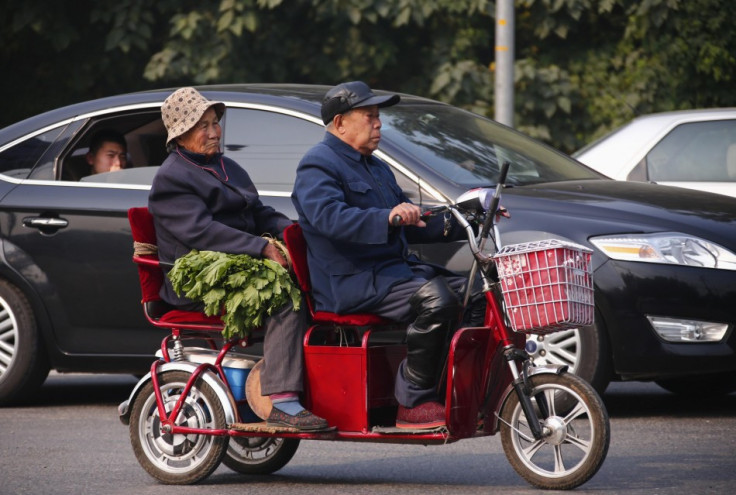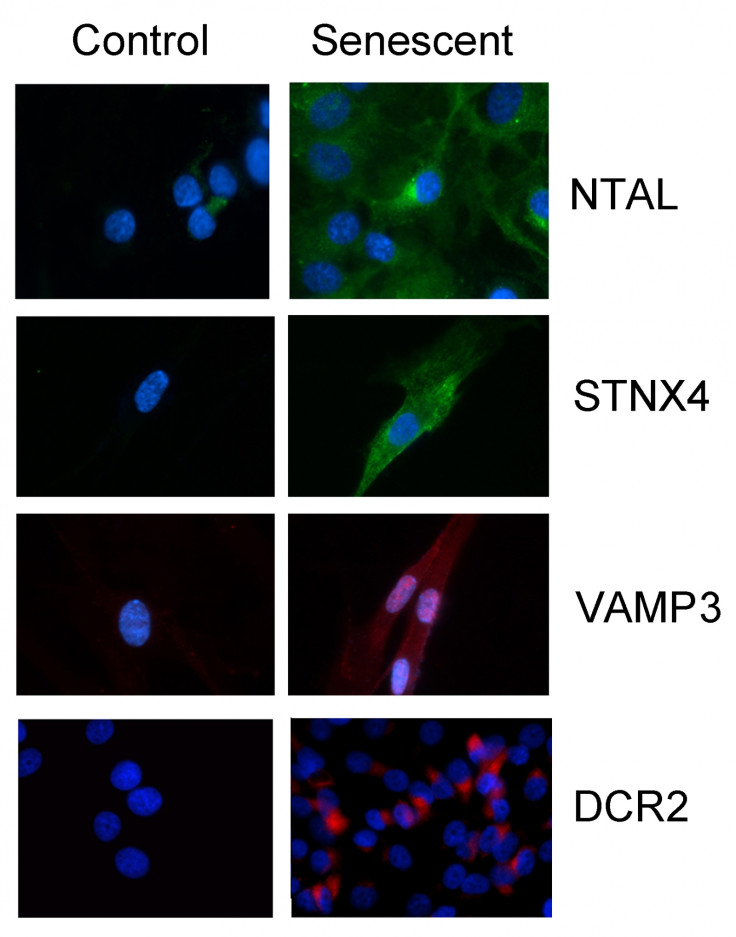Discovery of old cells paves way for delaying ageing, surviving cancer


Biomedical research at the University of Leicester has identified novel markers that attach to the surface of old cells and can be used to pick old cells in the body.
Scientists hope that the finding will help tackle diseases associated with ageing as well as cancer.
Accumulation of old cells [senescent] in human tissues lead to symptoms of ageing. But old cells also appear as a result of the activation of the internal anti-cancer mechanisms of the human body.
"These markers could be useful tools not only to study senescent cells in the lab but also they could be developed into diagnostics to help predict survival in cancer patients. Moreover, they could be used in the future to define strategies to selectively eliminate old cells from the tissues and thus reduce their effects on promoting ageing in healthy subjects," said Dr Salvador Macip from the Mechanisms of Cancer and Ageing Lab and the Department of Biochemistry of the University of Leicester, who led the study.
Researchers observed that the markers were present in high numbers in samples from different types of cancer and correlated with a better prognosis of the disease. This was particularly evident in breast cancer.
The work was funded by the MRC, the University of Leicester, the Saudi Arabian Government and the RSCF and involved scientists from the Departments of Biochemistry and Cancer Studies of the University of Leicester, the Umm AL-Qura University and the Russian Academy of Sciences.
Tackling ageing has been one of the holy grail of medical research. High fat diets have been shown to keep at bay some disorders associated with ageing while other approaches have looked at ways to check free radicals in the body or controlling cellular division.
Genes that when activated increase lifespan by 30% have also been reported.
© Copyright IBTimes 2025. All rights reserved.





















